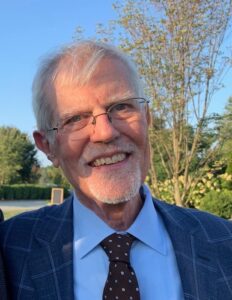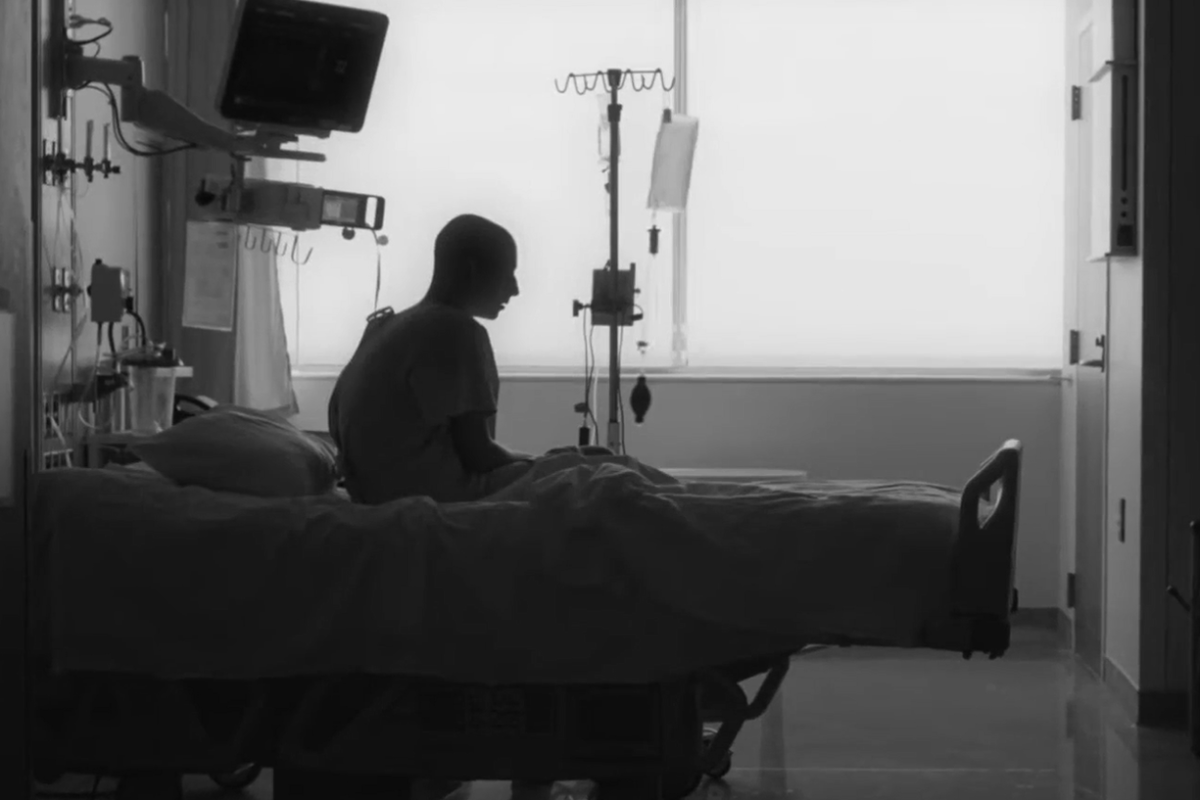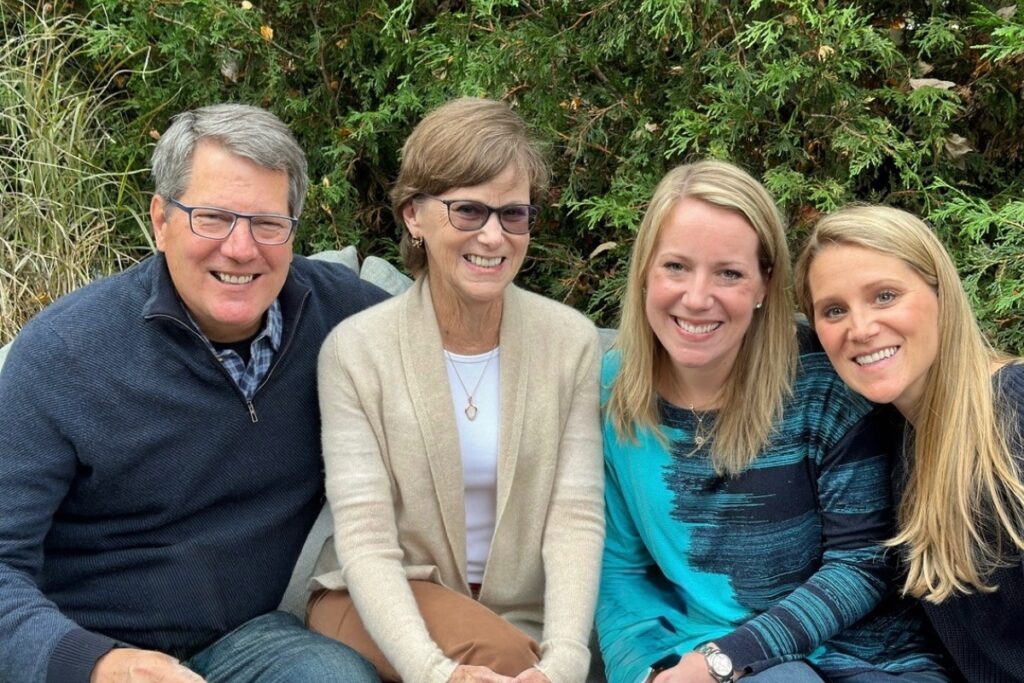John Q. Easton knows what it’s like to live with prostate cancer and the aftermath of treatment. He has also seen the impact of cancer on others, especially those in communities surrounding the University of Chicago who may lack access to support and resources.

“While I was having radiation, I saw men from all walks of life who were clearly experiencing many more difficulties than I was,” he said. Easton’s observation inspired him both to make a gift himself and to usher along an anonymous foundation gift to support a social worker dedicated to genitourinary (i.e. prostate, bladder, kidney, etc.) cancer patients.
“A lot of South Siders are strongly disadvantaged. I would like more people to have the advantages that I have had,” said Easton.
On the South Side of Chicago, cancer is the second leading cause of death for residents, and cancer death rates are nearly twice the national average. People living in the UChicago Medicine service area experience elevated rates for prostate cancer. Some of the challenges South Side patients may also face extend beyond diagnosis and treatment, including the need for legal assistance, difficulty accessing food, or simply being unable to afford or secure transportation to an appointment.
A social worker can assist patients with navigating the practical components of managing a cancer diagnosis and treatment.
Easton and his oncologist Russell Szmulewitz, MD, worked closely with representatives from both the foundation and UChicago Medicine’s development team to craft a gift with two components—the social worker’s salary and benefits, and a fund for financial assistance to patients.
Prior to this new source of support, prostate cancer patients at UChicago Medicine did not have a dedicated social worker—they shared this resource with patients experiencing several other diseases. Now, more of these patients have access to the unique assistance a social worker can provide.
Tim McNichol, LCSW, outpatient social worker, joined the genitourinary oncology team in the spring of 2024 thanks to the gift Easton helped to enable.
First and foremost, McNichol works on establishing a therapeutic relationship with patients, a basis of trust built over time. Prostate cancer comes with the burden of diagnosis and treatment, as well as profound feelings of embarrassment and stigma.
“I have worked for a long time with an older gentleman, and we talk through the process of treatment, the frustration and fear he feels,” said McNichol. “He told me ‘Tim, I know I can share this with you—I really appreciate how open you are, and you’re a guy and you’ll understand the guy things specifically related to prostate cancer.’”
McNichol also helps with the practical side of getting patients to and from treatment. For instance, a patient’s insurance may not have a transportation benefit. For others needing wheelchair support, options for transportation can be limited or prohibitively expensive. Additionally, sometimes a patient has no caregiver or will struggle to use a cell phone for coordination.
“You’re not going to hear those concerns unless you have a specific relationship with the patient,” said Julie Dalla Rosa, social worker in medical oncology who has a long history of working with this patient population. “Typically, the request comes in as very basic and concrete—the patient needs parking or needs a ride. But then you talk to the patient and find out that there are lots of other things going on. I would say with at least 80 percent of our referrals, there’s some financial concern.”
“Transportation, insurance, lack of caregivers, limited financial resources, rental assistance, family dynamics—all these things really impact care delivery and access,” said McNichol.
McNichol offers guidance for getting through administrative processes. He and his patients talk through forms, how to access supplies, or go over a timeline for care. McNichol also offers understanding and compassion, which are particularly meaningful for patients and their families facing difficult treatments or arranging for hospice care. “The patient experience is our north star,” said Dalla Rosa.
“You’re walking into a very vulnerable moment,” said McNichol, remembering a meeting with a young couple to plan hospice care for the husband. “The hospital is a frenetic environment with lots of different stimuli, like pagers or alarms. I try to always remember before I open that patient door, to pause briefly and just take a breath. I do not want to bring any of my stress or baggage into the room.”
McNichol tells patients that they will have his emotional support as well as his help with administration, logistics, and insurance.
“There’s the human element of these relationships. It’s not just, ‘Here’s some pamphlets or sign this.’ That’s part of what we do, but there is something more. It’s learning about someone and providing empathy.”




